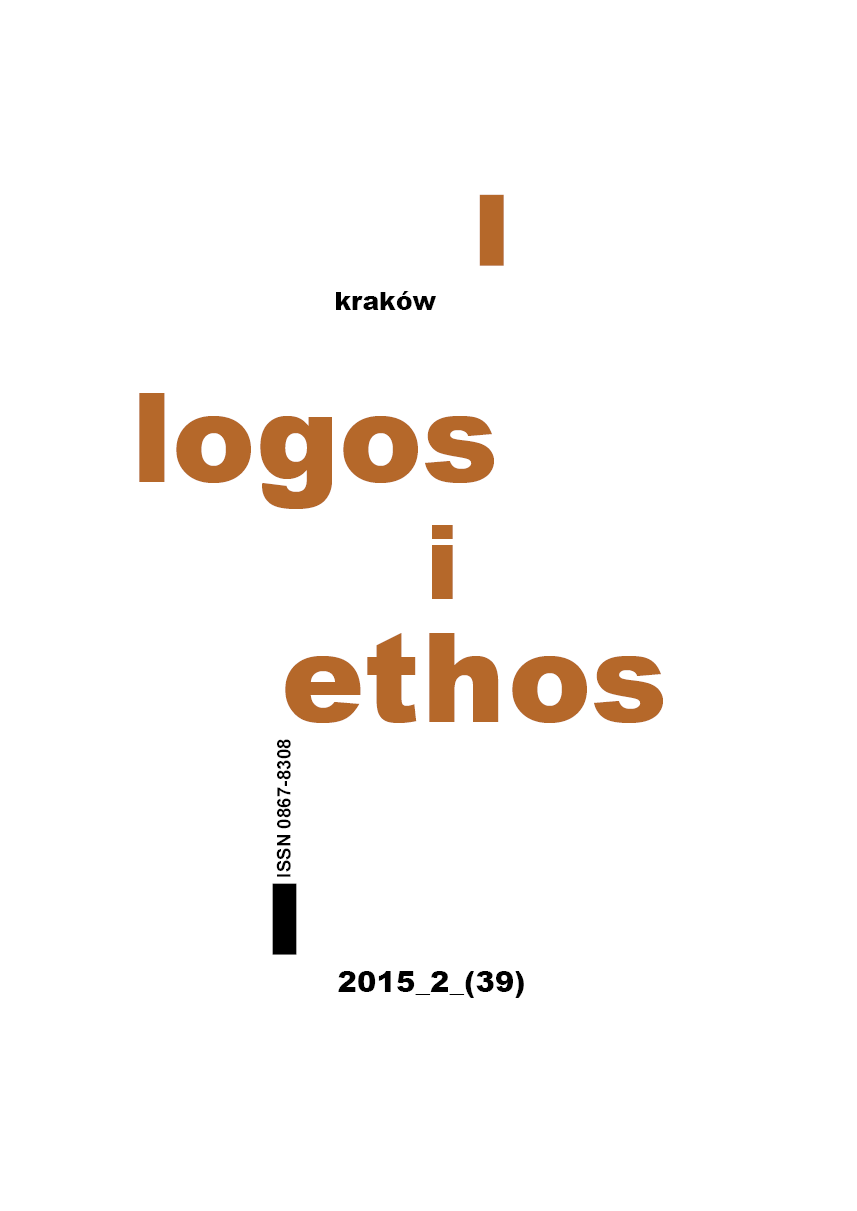Istota poznania filozoficznego według Dietricha von Hildebranda
DOI:
https://doi.org/10.15633/lie.1539Słowa kluczowe:
filozofia, fenomenologia, Hildebrand, poznanie, istotaAbstrakt
Niniejszy artykuł ukazuje ujęcie filozoficznego sposobu poznawania sformułowane przez Dietricha von Hildebranda w pracy Czym jest filozofia? Filozof ten opiera swój system na metodach badawczych fenomenologii realistycznej. Poznanie uznaje za pierwotną aktywność właściwą osobie. Uważa, że w procesie poznawczym mamy do czynienia ze współdziałaniem sfery osobowej – poznającego podmiotu i sfery przedmiotowej – poznawanego przedmiotu. Zgodnie z metodą fenomenologiczną poznanie ujmowane jest jako wyrastający z doświadczenia rodzaj aktów intencjonalnych, w których odkrywany jest właściwy wygląd i charakter przedmiotów. W wizji Hildebranda wyróżnione zostają dwa główne sposoby poznawania: empiryczny i aprioryczny. Poznanie empiryczne pozwala na odkrywanie zewnętrznych cech badanych przedmiotów, podczas gdy poznanie aprioryczne może docierać do ich istoty, wyznaczanej przez takie kryteria jak: wewnętrzna konieczność, inteligibilność, absolutna pewność. Poznanie aprioryczne jest wg Hildebranda najwłaściwszą metodą prowadzenia badań filozoficznych, które ponadto powinny dotyczyć przedmiotów o odpowiednio wysokiej doniosłości. Procesy poznawcze mają charakter aksjologiczny, gdyż osoba dostrzega wartość przedmiotu i dokonuje adekwatnego aktu odpowiedzi na tę wartość. Tak ujęte procesy poznawcze, będące podstawą badania filozoficznego, pozwalają na odkrywanie metafizycznego porządku rzeczywistości jako świata stworzonego przez Boga dla człowieka.Bibliografia
Biesaga T. SDB, Dietricha von Hildebranda epistemologiczno-ontologiczne podstawy etyki, Lublin 1989.
Galarowicz J., W drodze do etyki odpowiedzialności, t. 1: Fenomenologiczna etyka wartości (Max Scheler – Nicolai Hartmann – Dietrich von Hildebrand), Kraków 1997.
Góralczyk P. SAC, Możliwość uwzględnienia założeń systemowych etyki Dietricha von Hildebranda w teologii moralnej, Poznań 1989.
Hildebrand von A., Dusza lwa. Biografia Dietricha von Hildebranda (1889–1977), Warszawa 2008.
Hildebrand von D., Czym jest filozofia?, Kraków 2012.
Kaźmierczak P., Dietrich von Hildebrand wobec narodowego socjalizmu, Kraków 2011.
Kopciuch L., Wolność a wartości. Max Scheler, Nicolai Hartmann, Dietrich von Hildebrand, Hans Reiner, Lublin 2010.
Mazanka P., Sidorek J., Od tłumaczy, [w:] D. von Hildebrand, Czym jest filozofia?, Kraków 2012.
Orlik P., Fenomenologia świadomości aksjologicznej, Poznań 1995.
Stachewicz K., W poszukiwaniu podstaw moralności, Kraków 2001.
Waligóra M., Wstęp do fenomenologii, Kraków 2013.
Pobrania
Opublikowane
Numer
Dział
Licencja
Autorzy publikujący w czasopiśmie udzielają jego wydawcy zgody o następującej treści:
- Autor zachowuje autorskie prawa majątkowe do utworu, a jednocześnie udziela wydawcy czasopisma zgody na jego pierwszą publikację w wersji drukowanej i wersji online na licencji Creative Commons Uznanie autorstwa 4.0 Międzynarodowe oraz zgody na wykonywanie opracowań, w tym przekładów.
- Autor ma możliwość udzielania zgody niewyłącznej na opublikowanie utworu w wersji, która ukazała się w czasopiśmie (np. zamieszczenia go w repozytorium instytucjonalnym lub opublikowania w książce), wraz z informacją o jego pierwszej publikacji w czasopiśmie.
- Autor może umieścić swój utwór online (np. w repozytorium instytucjonalnym lub na swojej stronie internetowej) jeszcze przed zgłoszeniem utworu do czasopisma.

